Micro-Credentials
Introduction to Food Security
Gain the Skills to Combat Food Insecurity and Create Sustainable Solutions
Apply Now
NQF Level:
5
Credits:
15
Minimum Duration:
6 Weeks (Part-Time)
Faculty:
Public Admin, Governance and Sustainability
Department:
Micro-Credentials & Short Learning Programmes
Accreditation Authority:
AIFT Senate
Tackle Food Insecurity and Create Sustainable Solutions
This enriching micro-credential programme offers an in-depth exploration of the critical issues surrounding food security, equipping participants with the knowledge and practical tools to tackle one of the world's most pressing challenges. Through a comprehensive curriculum, participants will delve into concepts such as sustainable food production, efficient distribution, and equitable access, while examining connections between global issues like climate change, poverty, and food security.
Why Choose This Qualification?
Gain a deep understanding of food security complexities. Learn sustainable agriculture, innovative technologies, and policies. Contribute to addressing global food insecurity challenges.
Admission Requirements.
Not explicitly mentioned
Qualification Structure.
Week 1: Understanding Food Security - Grasp the foundational principles of food security, including its dimensions and global significance. Week 2: Causes and Consequences of Food Insecurity - Analyse the economic, social, and environmental causes of food insecurity and its impacts on communities. Week 3: The Role of Agriculture and Technology - Explore how sustainable agriculture practices and technological innovations contribute to food security. Week 4: Food Security Policies and Global Initiatives - Examine the role of policy frameworks and international efforts in promoting food security. Week 5: Developing Solutions for Food Security - Develop actionable strategies and solutions for improving food access, sustainability, and local food systems. Week 6: Assessment and Certification - Final Project Submission, Feedback, and Certification.
Learning Outcomes.
Grasp core principles of food security. Explore factors contributing to food insecurity. Learn sustainable agricultural practices and technological advances. Understand roles of international organisations, governments, and NGOs. Create actionable strategies to improve food access and sustainability.
International Comparability.
Not explicitly mentioned
Qualification Modes of Delivery and Support.
Blended Learning: Online modules and in-person practical sessions. Distance Learning: Fully online with asynchronous support. Face-to-face Workshops: Personalised mentorship.
Career Opportunities.
Industry-Relevant Knowledge, Diverse Career Opportunities, Leadership in Sustainable Solutions
Articulation Options.
Not explicitly mentioned
Ensure Compliance, Empower Financial Accuracy.
Empower Financial Accuracy




